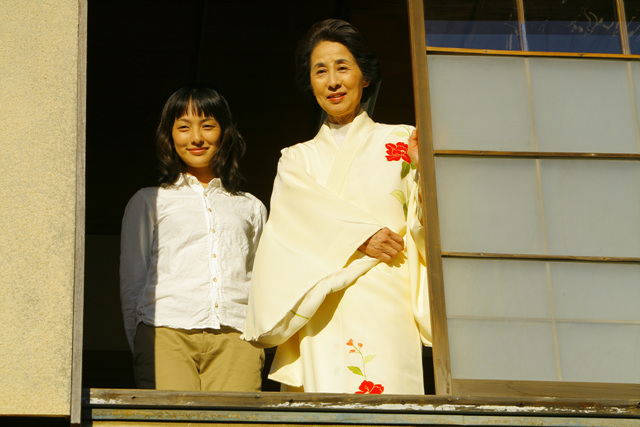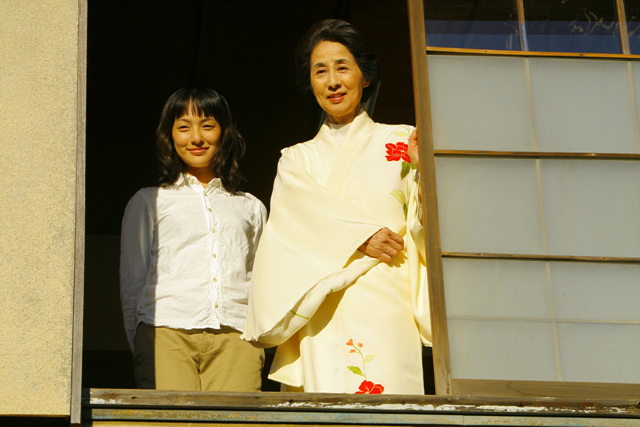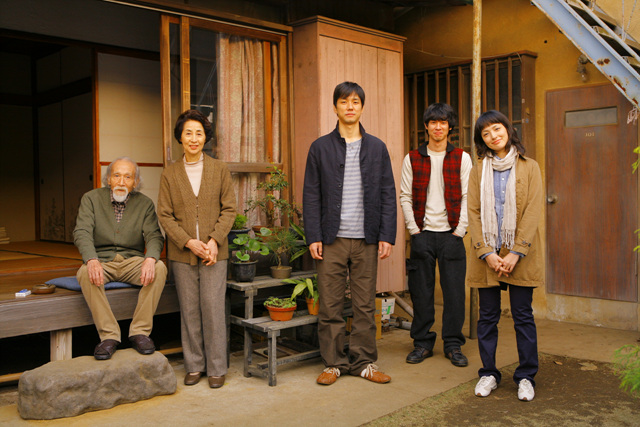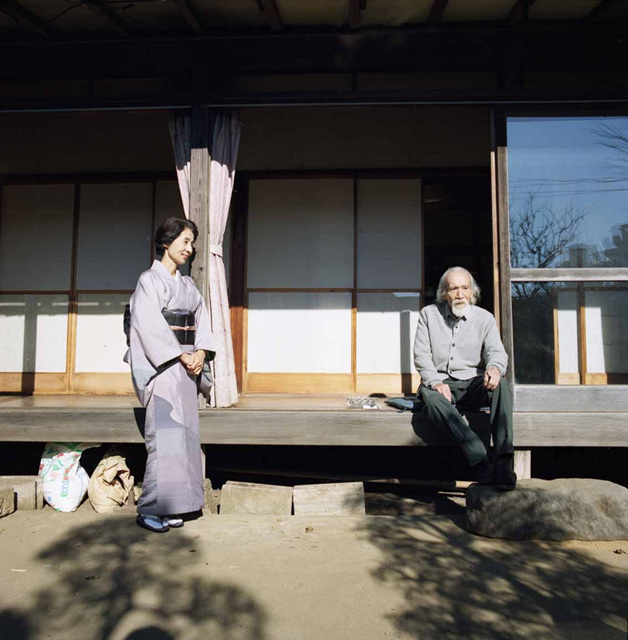16th(2014)
Tokyo Rendezvous
IKEDA Chihiro
- Japan
- 2008
- 104min
- 35mm
- color
- 드라마
SYNOPSIS
Synopsis
Nogami is a salaryman who has fallen in debt due to his father. To get out of the debt, Nogami decides to sell land that belongs to his grandfather On his grandfather\'s property is a house that his grandfather lives in and an apartment complex registered under the name of Fujiko.
Program Note
Despite of the good natural light filmed by the great cinematographer TAMURA Masaki, Tokyo Rendezvous evokes images related
to anxiety, extinction, and contradiction through the landscapes with noticeable vertical lines, old and desolate apartments which
are the main center of the film, characters located in strange composition, and editing (more like cutting) done according to neither
chronological order nor principle of causality. In this film, the warmth or comfort is sensed only around KAGAWA Kyoko. It is apparent
that her character Fujiko’s existence in her small restaurant ‘Fumito’ affects other characters’ words, eyes and movements. This is
highly significant when we track down the change of the meaning of the original title, “an inner room in the southeastern side” and how
this changes three young leading characters. Of course, this ‘meaning’ can’t be expressed in language. Although it is verbalized in the
latter part of this film as “being together”, it is best to realize the meaning rather than to define it. The realization is accompanied by
comfort or hope. In brief, KAGAWA Kyoko proves that “being together” is “meaningful” through this film Tokyo Rendezvous. It is no
exaggeration to say that this is the best present to the audience from an actress with a long career. [LEE Yumi]
PROGRAM NOTE
Synopsis
Nogami is a salaryman who has fallen in debt due to his father. To get out of the debt, Nogami decides to sell land that belongs to his grandfather On his grandfather\'s property is a house that his grandfather lives in and an apartment complex registered under the name of Fujiko.
Program Note
Despite of the good natural light filmed by the great cinematographer TAMURA Masaki, Tokyo Rendezvous evokes images related
to anxiety, extinction, and contradiction through the landscapes with noticeable vertical lines, old and desolate apartments which
are the main center of the film, characters located in strange composition, and editing (more like cutting) done according to neither
chronological order nor principle of causality. In this film, the warmth or comfort is sensed only around KAGAWA Kyoko. It is apparent
that her character Fujiko’s existence in her small restaurant ‘Fumito’ affects other characters’ words, eyes and movements. This is
highly significant when we track down the change of the meaning of the original title, “an inner room in the southeastern side” and how
this changes three young leading characters. Of course, this ‘meaning’ can’t be expressed in language. Although it is verbalized in the
latter part of this film as “being together”, it is best to realize the meaning rather than to define it. The realization is accompanied by
comfort or hope. In brief, KAGAWA Kyoko proves that “being together” is “meaningful” through this film Tokyo Rendezvous. It is no
exaggeration to say that this is the best present to the audience from an actress with a long career. [LEE Yumi]
Director
-
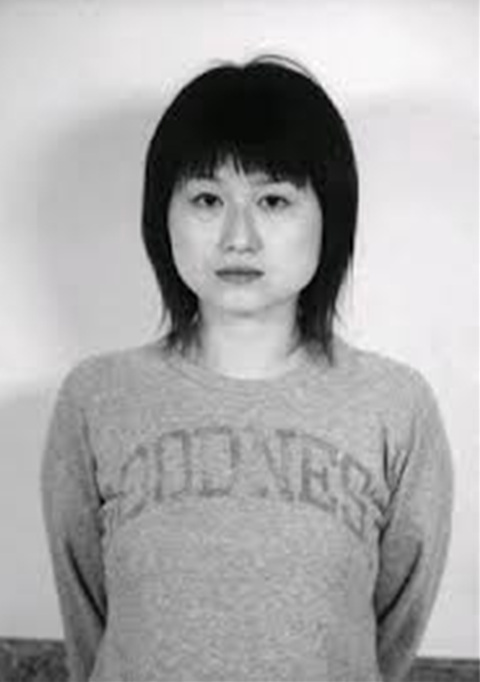
IKEDA ChihiroIKEDA Chihiro
IKEDA was one of the first students in the graduate program in filmmaking at the Tokyo University of the Arts. Upon her graduation in 2008, she emerged as a rising star in the Japanese film world with her debut feature film, Tokyo Rendezvous. Since then, she directed a number of short and feature-length films and TV series. Currently she is working on her new film Mr. Home (2014).

